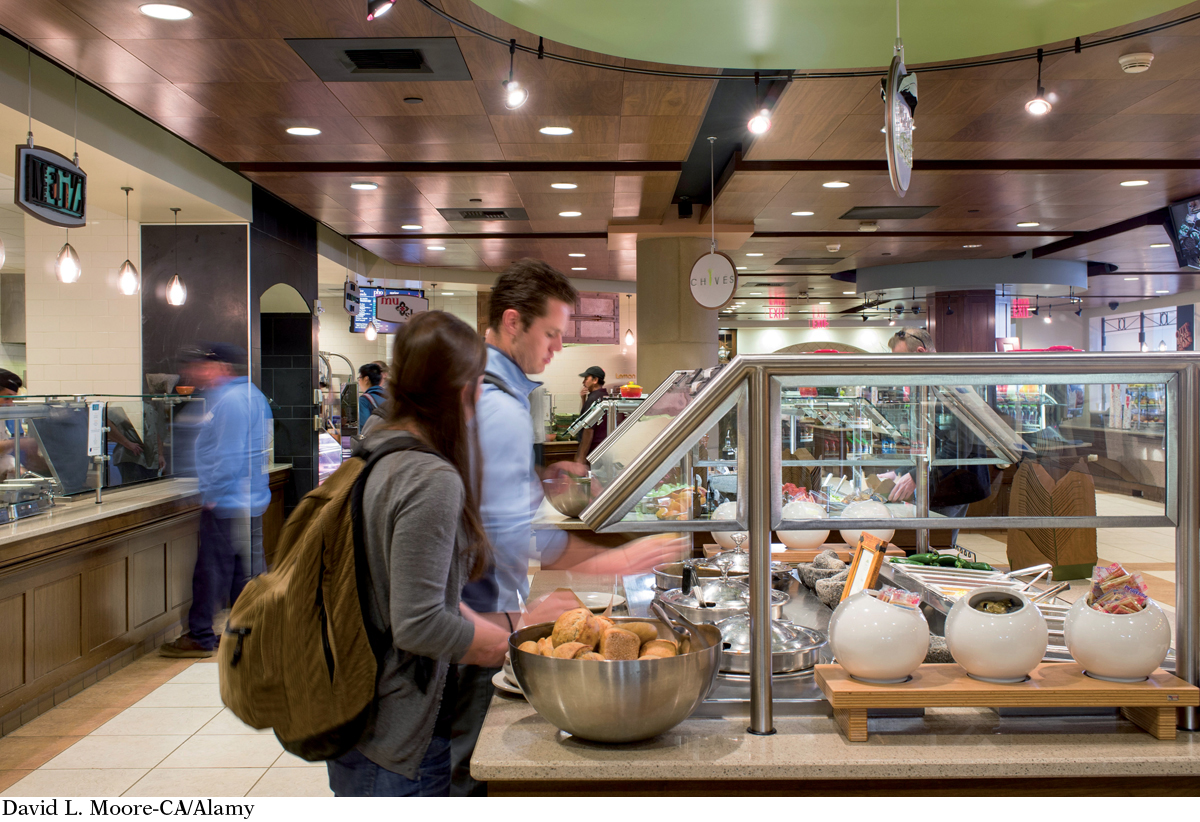A SUCCESSFUL TRANSITION TO COLLEGE LIFE
College students are continuously challenged by competing demands, including academic responsibilities and involvement in extracurricular and social activities. Healthy food choices may become low priorities when compared with turning in a paper on time or attending a Friday night party. Furthermore, eating behavior is influenced by environmental characteristics, such as residency (living in a dorm versus an apartment), the particular culture of a school, and the pressures of exams.

The challenges young adults face are substantial. To prioritize healthy eating, young people need nutrition knowledge, self-
How can students make the best transition from college into a healthy adulthood? Campaigns by university administrators can promote responsible alcohol consumption and provide information and advice to enhance healthy food choices and preparation. Students can also benefit from programs that build self-
456